Displaying 1393 - 1416 of 7455
EWG: Bailout to keep Diablo Canyon nuclear plant running ‘dangerous and dumb’
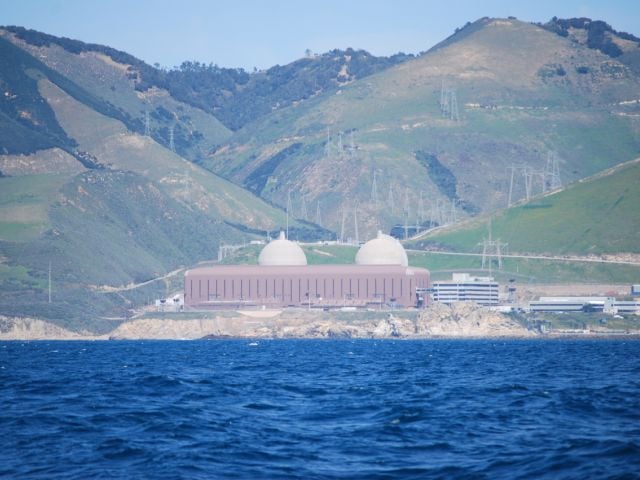
Study: Communities of color at greatest risk of pesticide exposure in Ventura County, Calif.
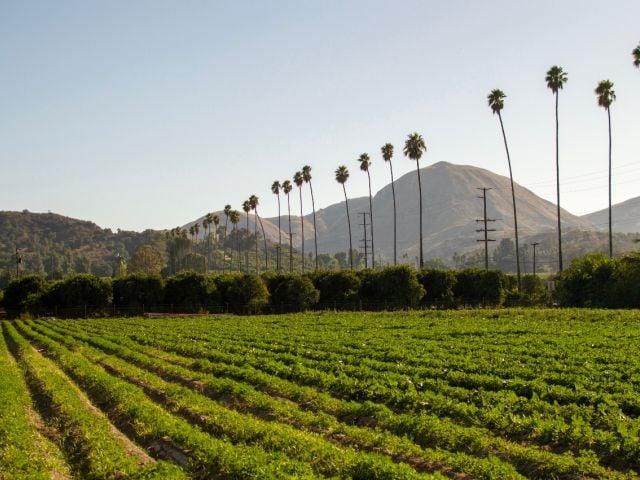
EWG testimonty to the House Agriculture Committee on soil health practices
How the White House can make digital assets more energy efficient
Digital assets that rely upon a process known as “proof of work” use a lot of electricity.

Tackling the rising climate costs of American food and farming
Even if the U.S. stopped burning fossil fuels tomorrow, rising greenhouse gas emissions from food and farming could make a climate catastrophe unavoidable.

What effect do melanin and sunscreen have on vitamin D levels?

Stifling solar: Duke Energy’s long war against North Carolina clean energy
Duke Energy is asking North Carolina utility regulators to approve a plan that could stifle the growth of renewable solar power in the state while hiking ratepayers’ bills – the latest in the monopoly...
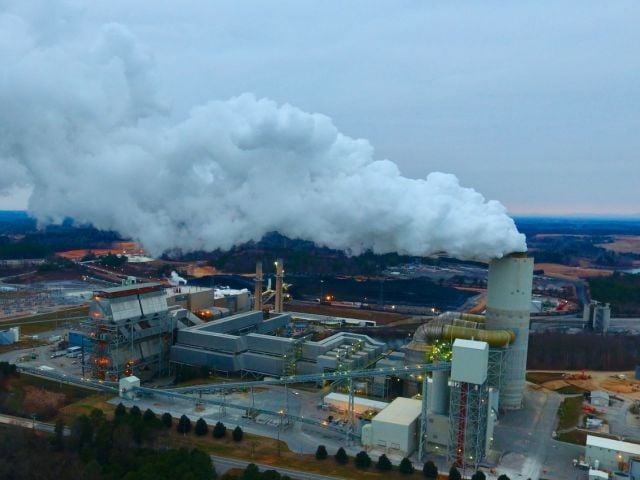
EPA takes important steps to curb ‘forever chemicals’ in water, but more needed

EWG news roundup (4/29): EPA to suspend all uses of toxic weedkiller, Duke Energy seeks to stifle clean energy in N.C. and more
EWG news roundup (4/29): Here’s some news you can use going into the weekend.

This cancer-causing chemical may be lurking in your bread

Black lentils, also known as black beluga due to their resemblance to caviar, are one of the earliest known cultivated crops. Native to the Nile, Tigris and Euphrates valleys, lentils are also grown in eastern Washington, northern Idaho, and western Canada. Black lentils are sold dried in bags, and by bulk. But they can sometimes be hard to find.
Cook: Some people like to rinse and soak lentils

From my book “What The Fork Are You Eating?” © Stefanie Sacks, 2014
Like many legumes, white beans are produced by plants that grow to about 2 feet tall and yield many 5-inch pods with five or six seeds or beans each. They are usually found dried in bags, and in most grocery stores’ bulk section, as well as cooked, in jars, boxes or cans.
Cook: Like many other legumes, white beans can be

EWG news roundup (5/13): Crop insurance costs skyrocket, EWG launches investigative journalism site, National Women's Health Week and more

EWG finds over half of people surveyed think tap water is unsafe

Four infant formula questions for Commissioner Califf
Several factors have contributed to the infant formula crisis we are witnessing now and, though the operations at Abbott Nutrition warrant scrutiny, we must look at how failures at the Food and Drug...

In the Mississippi River region, billions of dollars spent on crop insurance payouts could have been used instead to retire over 300,000 acres of frequently flooded fields
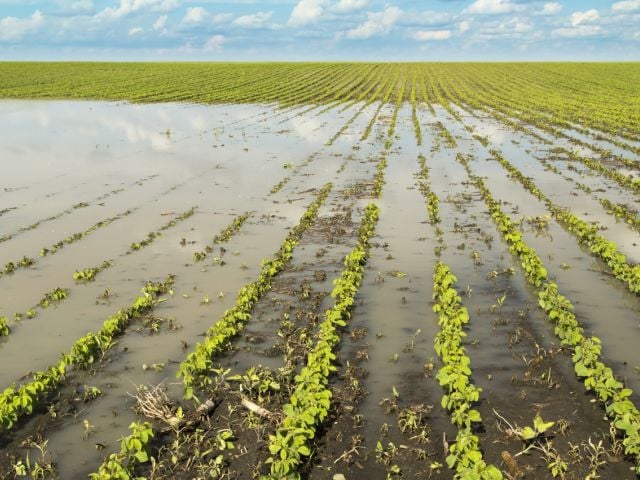
For decades, the FDA knew toxic 'forever chemicals' were dangerous but continued to allow their use
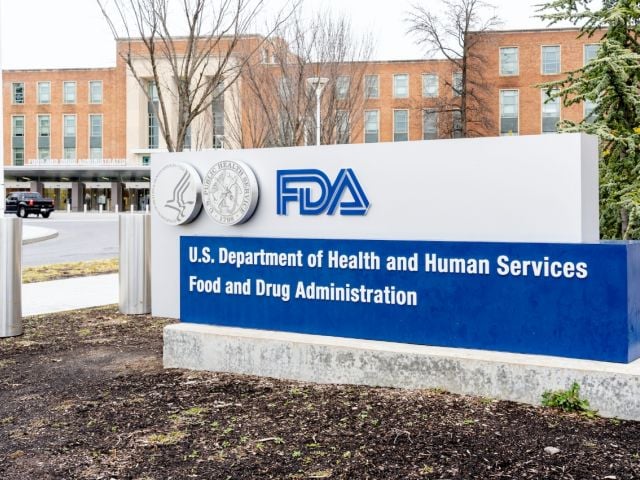
New tests find ‘forever chemicals’ still in many fast food wrappers

State audit slams California utility regulators for lax wildfire safety oversight
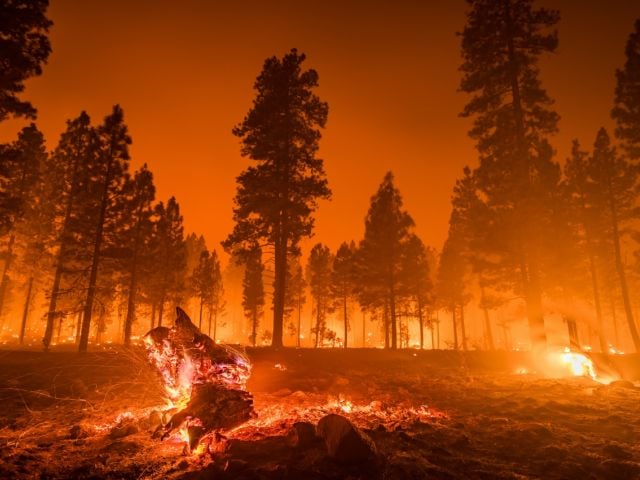
EWG applauds Biden’s budget for prioritizing FDA food and cosmetics chemical safety

Change the code, not the climate
A campaign to push bitcoin to change its software code to use far less energy was launched today by the Environmental Working Group, Greenpeace USA and several groups battling bitcoin mining...

Change the code, not the climate: The campaign to clean up bitcoin
This campaign is asking the bitcoin community: Will you immediately commit to use your investments and your influence to clean up bitcoin?

Spring is in the air – let’s make sure toxic chemicals aren’t

EWG news roundup (4/1): Bitcoin’s climate problem, Biden’s budget prioritizes chemicals in food and cosmetics, and more
This week, the Environmental Working Group joined Greenpeace USA and other groups to kick off the campaign to Change the Code, Not the Climate, which seeks to push bitcoin to change its software code...